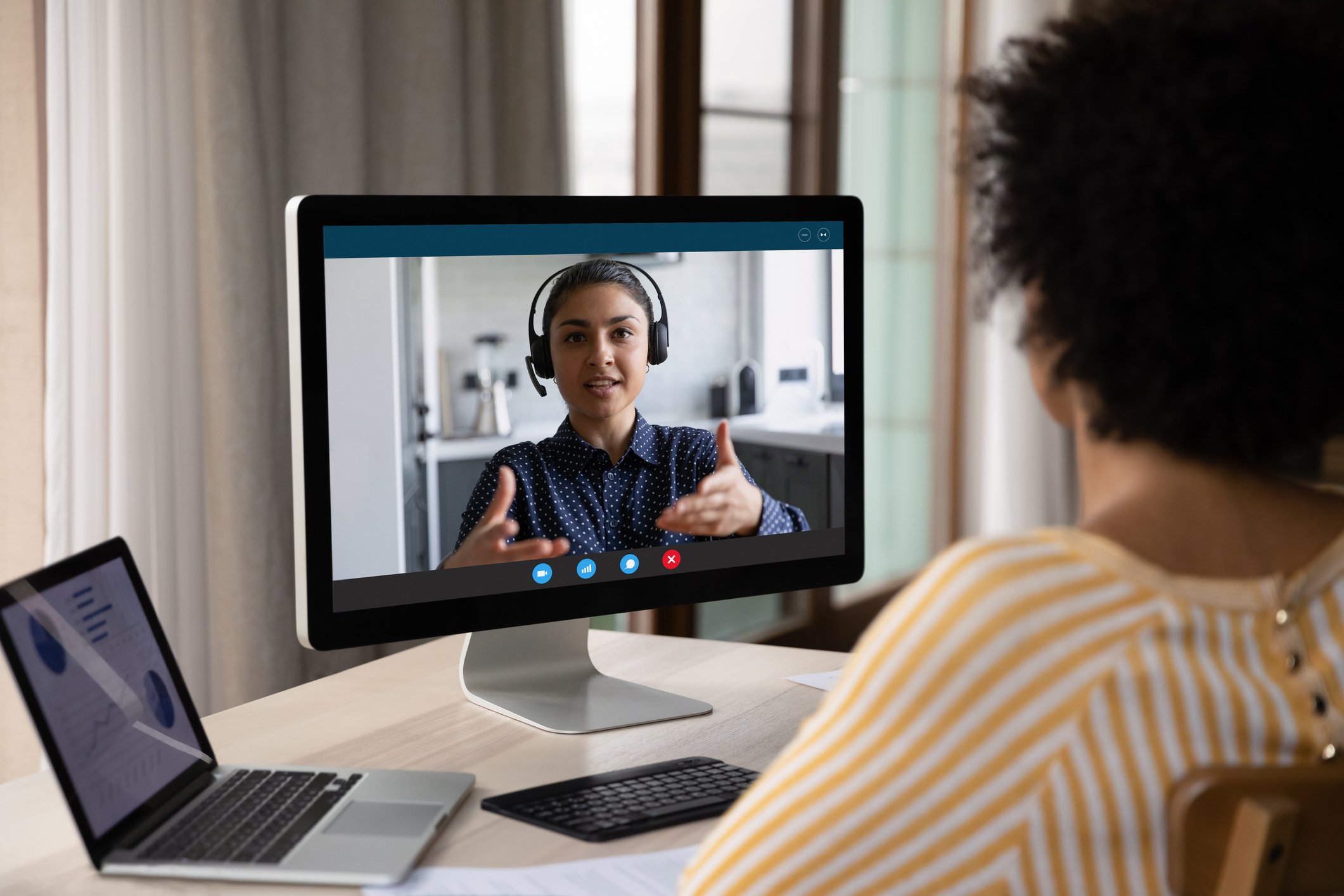Qualitative online research… what is emerging?
by Janet Salmons
Dr. Salmons is the Research Community Manager for Methodspace, and served as Mentor in Residence for the June 2022 focus on emerging methods. Her most recent book from SAGE Publishing is Doing Qualitative Research Online. Use the code MSPACEQ322 for a 20% discount on research methods books when ordering from SAGE Publishing. Valid from 1 July — 30 September 2022.
Online research methods are still emerging.
We started this series by defining emerging methods as:
Theories, methodologies, methods and/or protocols being developed to study problems that cannot be adequately understood with existing approaches, or to take advantage of new information, tools, and/or technologies.
Online methods and protocols are needed to study the contemporary lived experience that melds online and real-time, real-place experiences. For many people, there is little distinction between on- and offline aspects of life. Online methods take advantage of new tools that allow researchers to connect with participants in their communities or across the world, or to access digital libraries, archives, and other repositories. For these reasons online methods have been used for qualitative and quantitative research purposes from the moment communication technologies became available. In the preface to my first book I wrote:
The saying goes, 'If a farmer fills their barn with grain, they get mice. If they leave it empty, they get actors.' Like actors, researchers are always looking for an opening. If a means for communication opens, intrepid researchers will adopt it to their own objectives, shaking up the academic status quo along the way. Salmons, 2010 p. xv
Arguably, online methods continue to disrupt the status quo given the continued development of new technologies and devices for using them. Certainly, a boost in the use of online methods is a consequence of Covid-19 pandemic restrictions on meeting face-to-face or accessing research sites. This has not been an easy transition for many researchers and those who supervise them, because there are still relatively few texts and courses that specifically teach online methods, and ethical questions still confound many reviewers.
I celebrated the launch of my first book with an event in Second Life.
Time flies!
I published my first book about online interviews in 2010: Online Interviews in Real Time. This year the new edition of Doing Qualitative Research Online was published. What has changed, and what has not, between my first book and the current moment? Here are a few observations:
Some things have not changed.
The tools change but we still communicate in the same basic ways. We communicate in real time (synchronous), or create messages that our communication partner listens to or reads another time (asynchronous). We write down our thoughts and record events. We show each other pictures or artifacts. All of these activities can generate data in the form of text, audio, video, or images.
The Digital Divide, that is, the gap between those with broadband Internet, computers and smartphones, and those who do not, has shrunk but has not disappeared. In addition to limitations on professional and educational opportunities, digital inequities have an effect on researchers. Voices of those who lack access and the skills needed to use modern devices can be missed and forgotten.
Some things have changed.
Platforms, typically run by tech companies, come and go. For example, the virtual reality platform Second Life, which many researchers saw as a great way to simulate interviews and observations, has largely passed from view. However, new virtual reality opportunities are coming onto the market. Old-school online community forums were supplanted by social media platforms. While social media platforms are still very popular, new members-only platforms are becoming popular. These private platforms, popular for online classes or customer service, can be re-purposed by researchers for interviews and focus groups.
Communication devices have become smaller and faster. Devices all have still and video cameras, so participants can record their observations or interact with researchers using written or video chats. This means researchers can connect with participants any time, anywhere, including the places where they are experiencing the phenomena under investigation. Apps on mobile devices can be used to collect data for updated versions of diary methods. Extensive online activity and use of electronic records generate Big Data that can be useful for qualitative and quantitative researchers. Historical materials are being scanned and made available through public library websites and university or private archives.
Importantly, the literature has developed. Scholarly studies using a wide range of online methods, including collaborative, visual, and creative methods, are being conducted, discussed, and published. Articles based on studies collected online are available in general research journals, such as Qualitative Research or the Journal of Mixed Methods. Some scholarly journals that are explicitly focused on studying technology, such as Social Media + Society or Big Data & Society.
Professional associations and societies are including ethics guidelines for online research to their members and to researchers across disciplines. For example, any researcher can access guidelines from the Association for Internet Researchers or the British Psychological Society.
Let’s keep going!
Methods do not “emerge” over night because research doesn’t occur in a vacuum. We need publication opportunities that show the credibility of the methods under development, and we need practical, useful books and guidelines that invite researchers to try emerging approaches. We need researchers who are brave enough to rock the proverbial boat with innovative ways to conduct inquiries. Online research methods will continue to emerge and evolve because there are problems we urgently need to study, and user-friendly technology tools available for data collection.





























Informed consent is the term given to the agreement between researcher and participant. In this post Janet Salmons offers suggestions about the intersections of the Internet communications, ethics and participants.